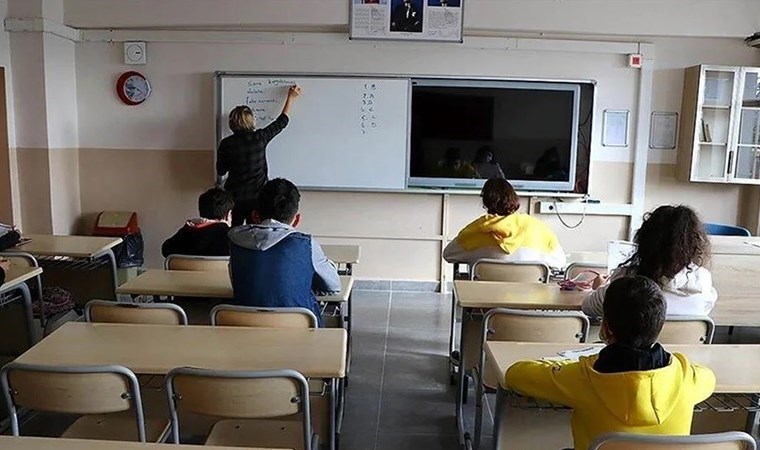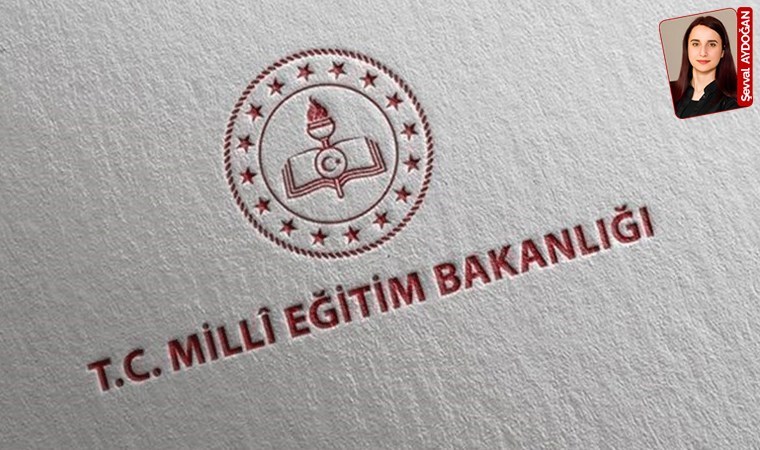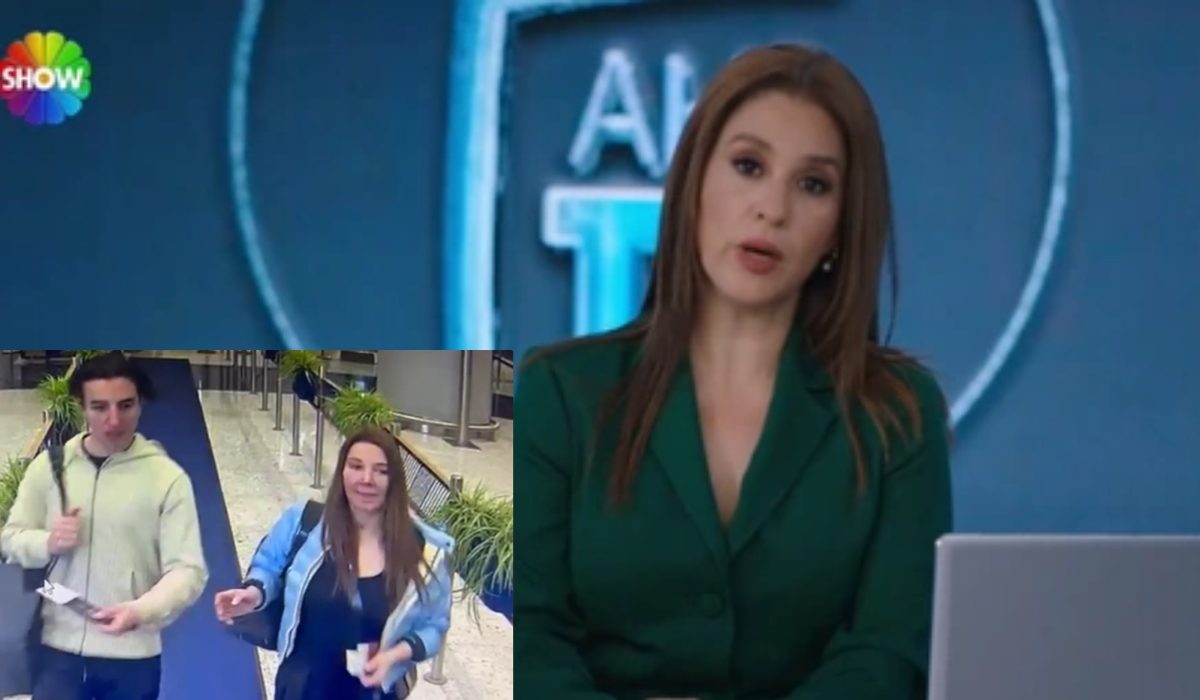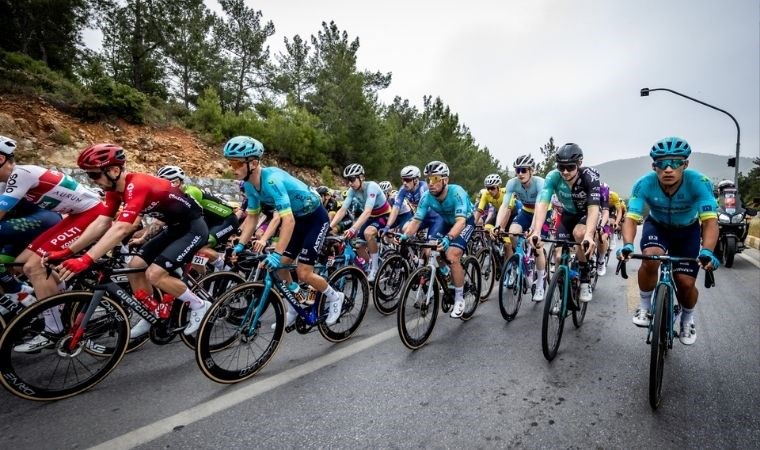Johnson & Johnson sues researchers who linked talc to cancer
Johnson & Johnson has sued four doctors who published studies citing links between talc-based personal care products and cancer, escalating an attack on scientific studies that the company alleges are inaccurate.
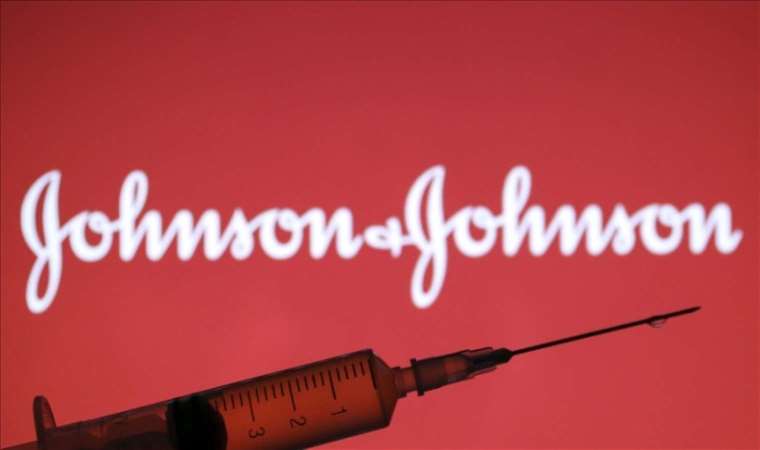
Johnson & Johnson has sued four doctors who published studies citing links between talc-based personal care products and cancer, escalating an attack on scientific studies that the company alleges are inaccurate.
J&J's subsidiary LTL Management, which absorbed the company's talc liability in a controversial 2021 spinoff, last week filed a lawsuit in New Jersey federal court asking it to force three researchers to "retract and/or issue a correction" of a study that said asbestos-contaminated consumer talc products sometimes caused patients to develop mesothelioma.
One of the researchers, Richard Kradin, declined to comment. The other two, Theresa Emory and John Maddox, did not respond to requests for comment. Lawyers who have represented the three researchers in similar litigation in the past declined to comment.
J&J is facing more than 38,000 lawsuits alleging that the company's talc products, including its Baby Powder, were contaminated by asbestos and caused cancers including ovarian cancer and mesothelioma. J&J is attempting to resolve those lawsuits, as well as any future talc lawsuits, through an $8.9 billion settlement in bankruptcy court.
J&J says that its talc products are safe and do not contain asbestos.
J&J has stopped selling talc-based Baby Powder in favor of cornstarch-based products, citing an increase in lawsuits and "misinformation" about the talc product's safety.
The company in 2021 began exploring bankruptcy as a potential solution to the lawsuits, which saw a mixed record at trial, including several defense wins but also a $2.1 billion verdict awarded to 22 women who blamed their ovarian cancer on asbestos in the company's talc products. J&J said in bankruptcy court filings in April that the costs of its talc-related verdicts, settlements and legal fees have reached about $4.5 billion.
Last week's lawsuit against Emory and Maddox, pathologists affiliated with Peninsula Pathology Associates in Newport News, Virginia, and Kradin, a pulmonologist who worked at Massachusetts General Hospital Cancer Center before his retirement, comes on the heels of another complaint LTL filed in late May against another doctor, Jacqueline Moline, who works at Northwell Health in Great Neck, New York, on similar grounds.
Moline published an article in 2019 studying 33 patients who said their only exposure to asbestos came from talc products, and Emory, Kradin and Maddox followed up with a 2020 study of 75 similar patients.
All four doctors have provided expert testimony in lawsuits against J&J, and their research has been cited in lawsuits where they have not testified, according to the complaints.
LTL said the researchers concealed the fact that some or all of the patients involved in their studies had been exposed to asbestos from other sources.
The company is also asking the court to force the researchers to disclose the patients' identities.
The lawsuits allege product disparagement and fraud, among other claims.
Adam Zimmerman, a professor at the University of Southern California Gould School of Law, said companies rarely file lawsuits over research they disagree with. It will be very difficult for LTL to prove that the researchers intentionally harmed J&J's reputation, which is required for product disparagement cases in New Jersey, but the company may view the lawsuits as a way to discourage other researchers or reclaim the narrative about talc safety, Zimmerman said.
"When a litigant starts suing opposing experts, that's very aggressive," Zimmerman said. "It sends a message that the gloves are off."
Moline has argued in court papers that LTL's litigation would have a profoundly chilling effect on future medical research if the company were allowed to unmask patients "in the hopes of publicly smearing them." Her court filings say that LTL's lawsuit was meant to "attack and silence" scientists, and that she has an ethical obligation to protect the identities of her research subjects.
LTL's lawsuits allege that the doctors' research allowed them to collect millions of dollars from plaintiffs' lawyers to push a "false narrative" about J&J. The complaint against Moline, for example, said she had made a "small fortune" testifying as a paid expert in lawsuits, receiving over $3 million from her work on asbestos lawsuits. LTL alleged that Kradin also made more than $3 million testifying as a plaintiffs' expert.
The researchers could not immediately be reached for comment.
LTL had filed similar lawsuits against the researchers in December 2022, but those complaints were linked to LTL’s first bankruptcy filing and were dismissed along with the rest of the bankruptcy in April.
The cases are LTL Management v. Moline and LTL Management v. Emory, U.S. District Court for the District of New Jersey, Nos. 23-cv-02990 and 23-cv-03649.
For LTL: Peter Harvey of Patterson Belknap Webb & Tyler; Allison Brown of Skadden, Arps, Slate, Meagher & Flom; and Kristen Fournier of King & Spalding
For Moline: Kevin Marino and John Tortorella of Marino Tortorella & Boyle
For Emory, Kradin and Maddox: Not yet available

En Çok Okunan Haberler
-
 Mükemmel koca olan 4 burç
Mükemmel koca olan 4 burç
-
 Savunma sanayi firmalarının ürünleri, Din dersinde!
Savunma sanayi firmalarının ürünleri, Din dersinde!
-
 Metin Külünk'ten, Şimşek'e 'fotoğraflı' uyarı
Metin Külünk'ten, Şimşek'e 'fotoğraflı' uyarı
-
 Erdoğan'ın ABD ziyareti ertelendi!
Erdoğan'ın ABD ziyareti ertelendi!
-
 Hazine ve Maliye Bakanlığı’ndan KDV zammı
Hazine ve Maliye Bakanlığı’ndan KDV zammı
-
 Akşener'den kurultayda 'veda' konuşması
Akşener'den kurultayda 'veda' konuşması
-
 Arda Güler ilk 11 çıktı ve golünü attı!
Arda Güler ilk 11 çıktı ve golünü attı!
-
 Tekkede mürit mi yetiştiriyorsunuz?
Tekkede mürit mi yetiştiriyorsunuz?
-
 Korhan Berzeg’i arama çalışmalarında yeni bulgu!
Korhan Berzeg’i arama çalışmalarında yeni bulgu!
-
 Rezidanstaki cinayette 'Yalın' ayrıntısı
Rezidanstaki cinayette 'Yalın' ayrıntısı

